Your Student Affairs Assessment Leaders Resources—Curated by SAAL
| These resources have been uniquely curated by instructors of the Student Affairs Assessment Leaders (SAAL)Open Online Course “Applying and Leading Assessment in Student Affairs Resources” to support learners and other community leaders who are interested in honing their skills in assessment of student learning through student affairs programming and leadership. These will serve as both a companion to the Open Online Course as well as ongoing practice in student affairs assessment by leaders across the country. |
Library of Resources & Community Leaders
Over the next several months, leaders will be contributing amazing articles, blogs, media, and more! We are putting together these resources for you to review, download and use within your role at your institution.
Presenters

SAAL Open Course Instructor/Student Affairs Assessment at Cal State Northridge
Student Affairs Assessment Leaders (SAAL)
Open Course Syllabus
SAAL Multimedia
- SAAL YouTube Page — Here is the link to the SAAL YouTube page. All of the SAAL Structured Conversation recordings of our webinars are posted here in a specific playlist.
- SAAL Podcast – SAAL Assessment Shared Stories (SASS) Podcast has an RSS feed here. You can also listen on Spotify, Apple Podcasts, or wherever you listen to your podcasts.
- SAAL Journal – the Journal of Student Affairs Inquiry (JSAI) publishes peer-reviewed articles to support inquiry across all functional areas within student affairs. Read past articles or submit future ones here.
- SAAL Resource Repository – SAAL maintains a Dropbox repository for a variety of assessment-related resources: readings, committee examples, conference information, assessment plan examples and templates, report examples and templates, training and professional development examples, and much more! Check out this free resource here.
- SAAL Listserv – SAAL members benefit from access to an active listserv to share information and connect with assessment colleagues. Learn more about how to join for free here.
Course-Related Articles and Resources
- ACPA: College Student Educators International & NASPA − Student Affairs Administrators in Higher Education (2015). ACPA/NASPA professional competency areas for student affairs practitioners.
- American Association of Higher Education (AAHE). PRINCIPLES OF GOOD PRACTICE FOR ASSESSING STUDENT LEARNING.
- Bensimon, E. M. (2005). Closing the Achievement Gap in Higher Education: An Organizational Learning Perspective. NEW DIRECTIONS FOR HIGHER EDUCATION, no. 131, p. 99-111.
- Bresciani, M. J. (2002). Outcomes Assessment in Student Affairs: Moving Beyond Satisfaction to Student Learning and Development.
- Dennen, V. P. & Burner, K. J. (2007). The cognitive apprenticeship model in educational practice. Handbook of Research on Educational Communications and Technology, chapter 34, p. 425-439.
- Glickman, C. D., Gordon, S. P., Ross-Gordon, J. M. (2013). The basic guide to supervision and instructional leadership (9th ed.). Pearson Education: New York, NY.
- Hammond, L. D. (2006). Powerful teacher education: Lessons from exemplary programs. Jossey-Bass: San Francisco, CA.
- Holmes Finch, Karen Barton, Patrick Meyer. (2009) Differential Item Functioning Analysis for Accommodated Versus Nonaccommodated Students. Educational Assessment 14:1, pages 38-56.
- Horst, J. S. and Prendergast, C.O. (2020) The Assessment Skills Framework: A Taxonomy of Assessment Knowledge, Skills and Attitudes. RESEARCH & PRACTICE IN ASSESSMENT, Volume 15, Issue 1, pages 1-25.
- Jankowski, N. A., Slotnick, R. C. (2015). The Five Essential Roles of Assessment Practitioners. Journal of Assessment and Institutional Effectiveness, Volume 5, Number 1, 2015, p. 78-100
- Kuh, G.D., Ikenberry, S.O., Jankowski, N.A., Cain, T.R., Hutchings, P., & Kinzie, J. (2015). Using evidence of student learning to improve higher education. San Francisco, CA: Jossey-Bass.
- Lawrence Lewandowski, Whitney Wood, Tonya Lambert. (2015) Private room as a test accommodation. Assessment & Evaluation in Higher Education 40:2, pages 279-285.
- Levy, J. D., Hess, R. M., & Thomas, A. S. (2018). Student affairs assessment & accreditation: History, expectations, and implications. The Journal of Student Affairs Inquiry, 4(1).
- MacElroy, Molly S. (2002) “Business or Bust? The Changing Face of Student Affairs,” The Vermont Connection: Vol. 23 , Article 9.
- Maya Golan, Gonen Singer, Neta Rabin, Dvir Kleper. (2020) Integrating actual time usage into the assessment of examination time extensions provided to disabled college engineering students. Assessment & Evaluation in Higher Education 45:7, pages 988-1000.
- Montenegro, E., & Jankowski, N. A. (2020, January). A new decade for assessment: Embedding equity into assessment praxis (Occasional Paper No. 42). Urbana, IL: Universityof Illinois and Indiana University, National Institute for Learning Outcomes Assessment (NILOA).
- Professional Competency Areas for Student Affairs Educators (2015)
- Ryan J. Kettler, Stephen N. Elliott, Peter A. Beddow. (2009) Modifying Achievement Test Items: A Theory-Guided and Data-Based Approach for Better Measurement of What Students With Disabilities Know. Peabody Journal of Education 84:4, pages 529-551.
- The Chronicle of Higher Education Webinar, “The future of student affairs.” March 3, 2021
- Singer-Freeman, K., & Robinson, C. (2020, November). Grand challenges in assessment: Collective issues in need of solutions (Occasional Paper No. 47). Urbana, IL: University of Illinois and Indiana University, National Institute for Learning Outcomes Assessment.
- Smith, K.L. and Finney, S.J. (2020) Elevating Program Theory and Implementation Fidelity in Higher Education: Modeling the Process via an Ethical Reasoning Curriculum. RESEARCH & PRACTICE IN ASSESSMENT, Volume 15, Issue 2, pages 1-13.
- Toldson, Ivory A. (2019) Why it’s wrong to label students ‘at-risk’. The Conversation.
- Tucker, C., Drummond, S., and Ostrogorsky, T. L. (2021) ASSESS-IT: The Development Story of an Institutional Rubric for Evaluating Programmatic Assessment Plans and Reports. RESEARCH & PRACTICE IN ASSESSMENT, Volume 15, Issue 2, pages 1-9.
- Wenger, E.C. and Snyder, W. M. “Communities of practice: The organizational frontier”, Harvard Business Review, January-February 2000, Pages 139-145
- Wenger, E., McDermott, R. and Snyder, W. (2002) Cultivating Communities of Practice. Harvard Business School Press. 2002
- Wenger, E., Trayner, B., and de Laat, M. (2011) Promoting and assessing value creation in communities and networks: A conceptual framework. Rapport 18, Ruud de Moor Centrum, Open University of the Netherlands.
Community Blogs
- Reflections on Trust: Cheating in a Pandemic by Natasha Jankowski
- Student Affairs Assessment Leaders—2021 Open Course Results & Improvements for 2022 by Dr. Joe Levy
- Inspiration from ‘Ted Lasso’ for Assessment Professionals by Dr. Megan Bell
Join the SAAL 2022 Online Open Course
(Running from February 7, 2022 – April 3, 2022)
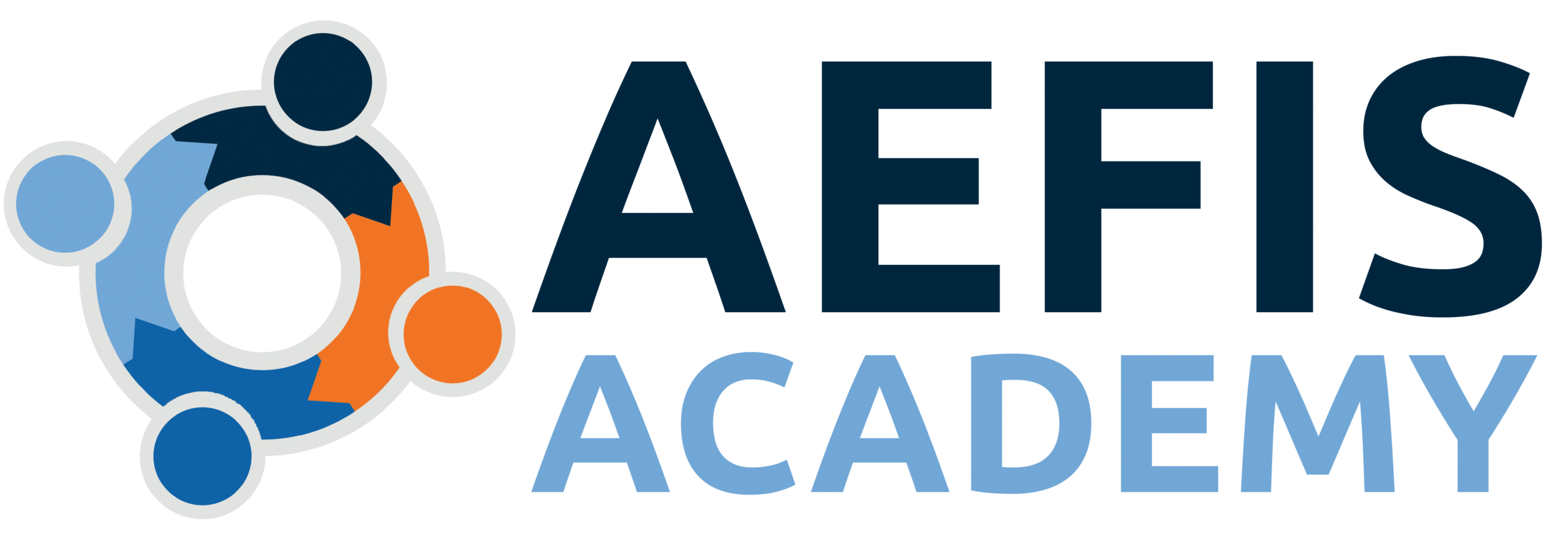


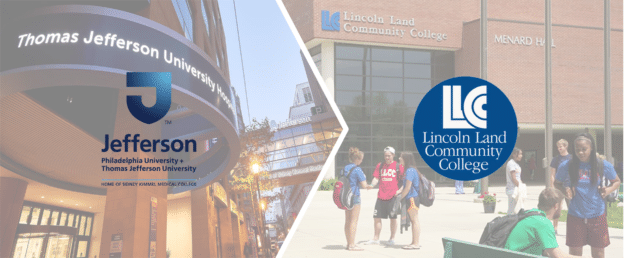


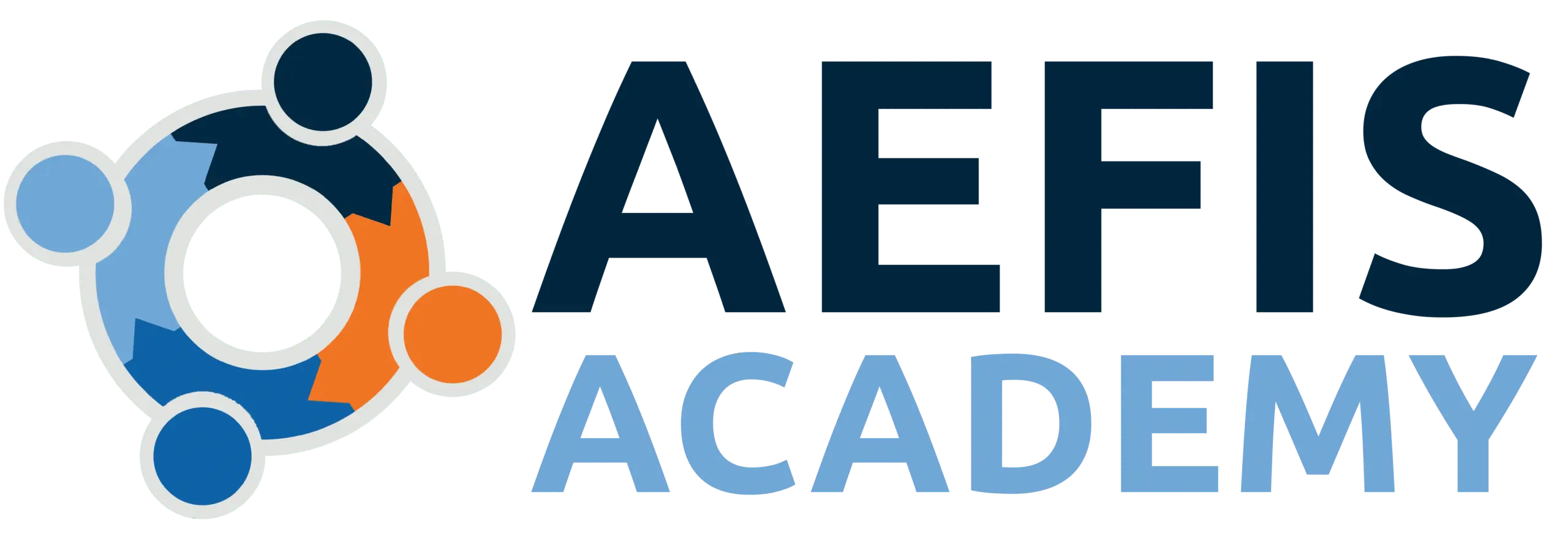
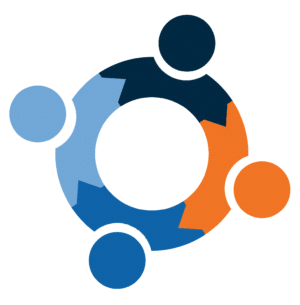
Your Student Affairs Assessment Leaders Resources—Curated by SAAL Discussion